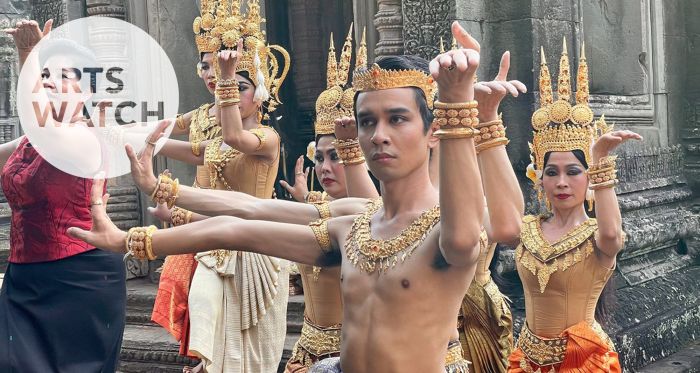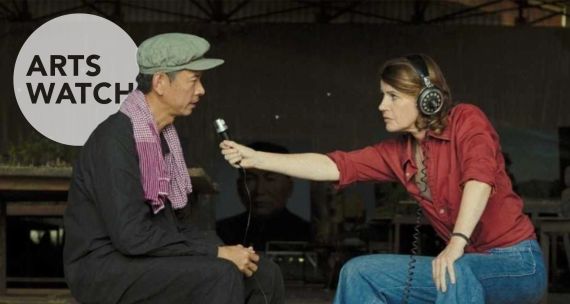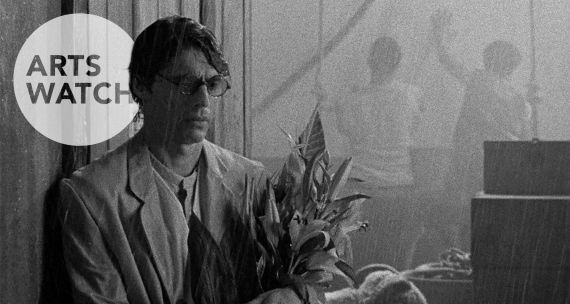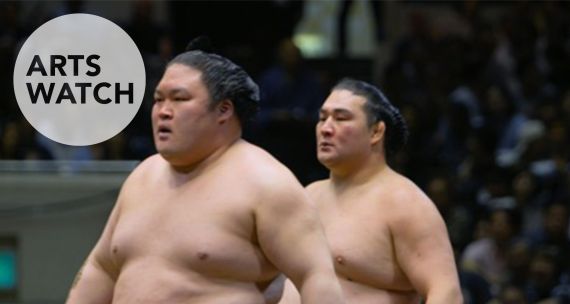Synopsis: Enrique Sánchez Lansch’s documentary Pol Pot Dancing reinterprets Cambodia’s tragic history through traditional dance and narrative, showing how art can heal the wounds of history. The film centres around the story of a renowned Cambodian dancer active during the 1930s, Chea Samy, and her foster son, Saloth Sâr.
Saloth Sâr went on to become the brutal dictator Pol Pot, the leader of the murderous and genocidal Khmer Rouge regime, which ruled Cambodia from 1975–79. The film explores how art can transcend pain to express itself again.
Art Amid Agony
Pol Pot Dancing expresses the brutality of the Khmer Rouge regime through Cambodian traditional dance. Sophiline Cheam Shapiro, a student of Chea Samy, teaches the choreography to her students to tell the story of Chea Samy and Pol Pot. The film conveys to the audience how art survived the genocide years and shows the process of pain and cruelty being sublimated into art. Pol Pot’s rule did not merely suppress art: it stifled the soul, freedom, and expression of the human spirit. In seeking to create agrarian ‘utopia,’ Pol Pot viewed intellectuals and artists as threats and ruthlessly eliminated them.
The film asks how the child Chea Seamy raised with love grew into a dictator who denied art and took the lives of countless people. Saloth Sâr, despite growing up in wealth and having a foster mother who was a star dancer, treated art as something harmful belonging to the bourgeoisie. He called himself a “son of a peasant farmer,” not mentioning the privileged education he received. This paradox suggests that his plans to create an agricultural utopia concealed a violent process of denying his own past as an educated elite.
Healing the Scars Left by History
Pol Pot Dancing does more than document history — it explores how art ‘remembers’ and carries the scars of the past through the process of recovery. The film’s finale poses a complex ethical question about forgiveness, as Sophiline Cheam Shapiro, who lost her family during the genocide, forgives Pol Pot instead of resenting him, hoping that in his rebirth he becomes a better being.
This message of forgiveness and reincarnation is based on Buddhist philosophy, and seeks to forge a path beyond revenge to restore humanity. Forgiveness is not simply an expression of personal feelings but a way to heal past wounds. It contains the hope that the violence and destruction symbolized by Pol Pot can be overcome and that art can play a role in rebuilding Cambodia’s future.
After Pol Pot’s dictatorship ended, Chea Samy passed down traditional dance to her students, helping to preserve Cambodia’s cultural heritage. The dance she taught to her students symbolizes the human vitality, transcends oppression, and survives at a deep level of existence.
About the Vancouver International Film Festival (VIFF)
Founded in 1982, The Greater Vancouver International Film Festival Society is a not-for-profit cultural organization that operates the internationally acclaimed Vancouver International Film Festival (VIFF) and the year-round programming of the theatres at the VIFF Centre. VIFF encourages understanding of the world’s cultures through the art of cinema and believes that film has a unique ability to celebrate the complexity of the human condition and that it is our responsibility to steward that power toward creating meaningful change in our world.





